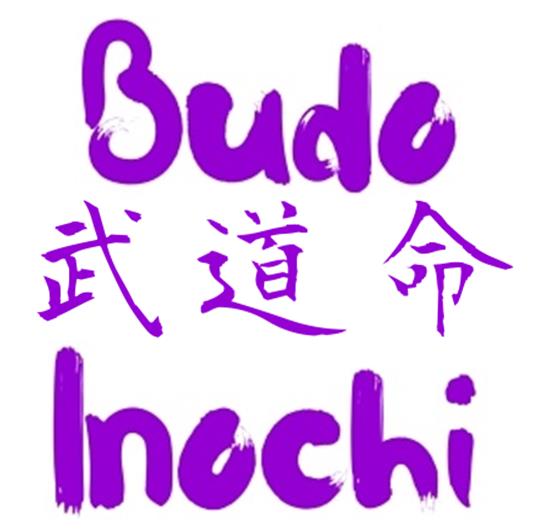Return to overview of all MARS conference panels
 This is Panel 5b of the 6th Martial Arts Studies Conference 2020. which has a theme of Martial Arts, Religion and Spirituality.
This is Panel 5b of the 6th Martial Arts Studies Conference 2020. which has a theme of Martial Arts, Religion and Spirituality.
The discussant for this panel is Laurent Chircop-Reyes. The panel is taking place on Wednesday 15 July 2020 at 15.00 Paris time (14.00 UK time).
If you’d like to watch the discussion please contact marsconf2020 [at] gmail.com for a free link.
During the discussion, everyone will be able to take part in the debates and post questions and comments live on the TEAMS chat-box.
The full abstracts and information about this panel are available here.
In this blog post, I’m going to quickly summarise each of the three presentations, to give you a flavour of what the discussion is likely to cover.
Please note that I’ve simplified the titles of the presentations, and the title of this panel overall, to make the information more accessible for non-academic readers. The original titles are listed on the MARS website . . .
How can Taiji help brain injury survivors?
Giles Yeates (Oxford Brookes University)
Taiji (Tai Chi) is well proven to support recovery from brain injuries, but it can be hard for Western clinicians to understand or explain exactly how this happens. Giles is both a neuropsychologist & Wudang Taiji/Kung Fu Instructor. His talk focuses on translating the Daoist concept of Neidan or ‘inner alchemy’ into language that Western researchers and clinicians can understand, accept and use in their work.
Two really useful concepts for this are Flow (a state of being “in the zone”), and the idea of Liminality (a state of growth when passing from one status or situation to another).
Giles also outlines some of the practical work he and colleagues have been doing with brain injury survivors, using Taiji, and shares some supporting resources including two learn-at-home online sessions available at: www.neuro-flowgroup.com
Tai Chi Forms Designed to Treat Depression
Joan Listernick (Boston University)
Tai Chi initially came to the West as a holistic approach to personal development and health. However, we are now seeing the development of tailored forms to treat specific medical conditions. Joan’s talk focuses on two new forms that have been created to treat depression.
Joan argues that we need to understand how these tailored forms have been developed, and consider some key questions about their effectiveness. For example: Do they actually provide improved outcomes for depression? Is anything lost in the process of targeting? What happens to patients who also have other conditions – are the tailored forms less effective at treating or preventing these other illnesses? She also asks whether these tailored forms might have an advantage by fitting more easily with the Western mindset and medical model . . .
Promoting Shaolin Kung-Fu as “cultural” instead of “religious”
There isn’t a video for this topic, as Lufeng is unable to attend the panel, however his research will be published at a later date – watch this space!
Xu Lufeng (INALCO)
The Shaolin Buddhist temple is often considered as the cradle of Chinese martial arts – but nowadays, at least four temples claim to be this original.
In the present day, religious activity is strictly restricted under the Chinese communist government’s religious policy. All four Shaolin temples therefore applied for the status of intangible cultural heritage, so that they could be regarded as “cultural” institutions instead of “religious”. (Shaolin Kung-fu is not just a martial art (wushu); it’s a traditional Buddhist cultural system associated with the Shaolin temple.)
Xu has visited and carried out research at all four Shaolin temples. His talk explains the different roles of various players in this change of status for the temples, including Buddhist monks, lay practitioners, and local officials and elites.
